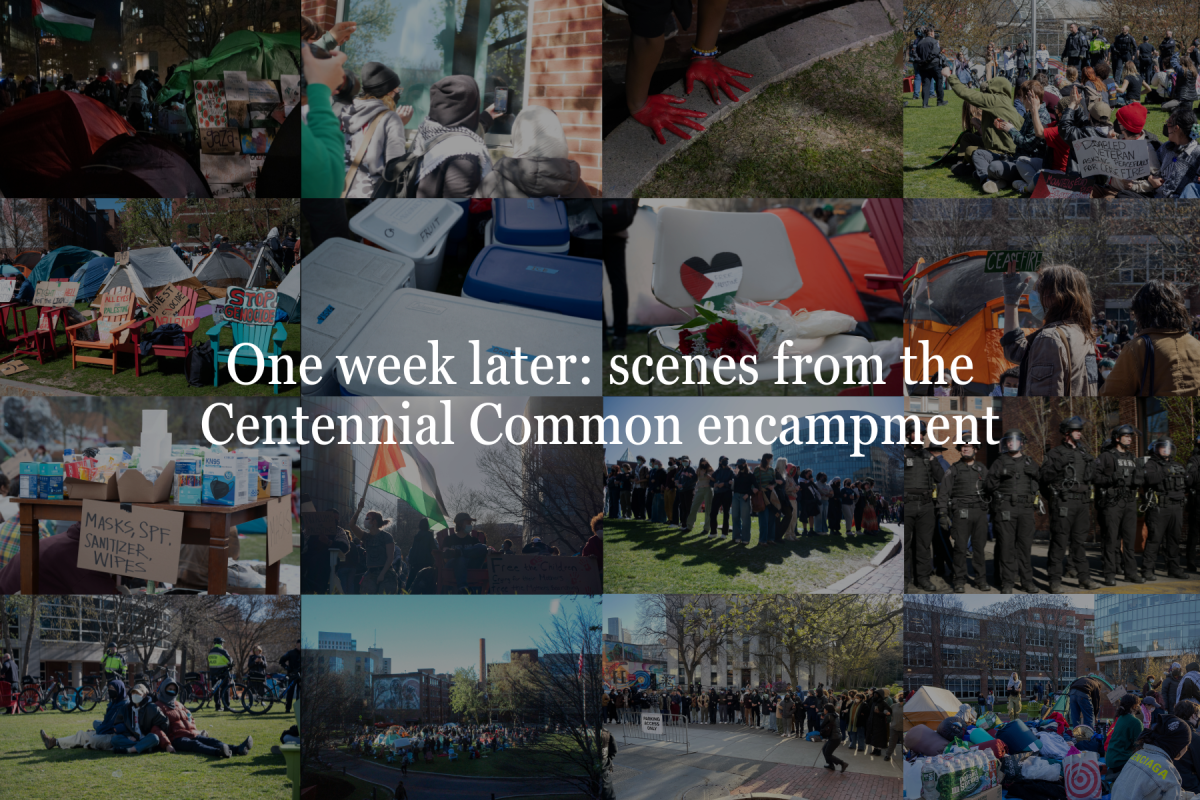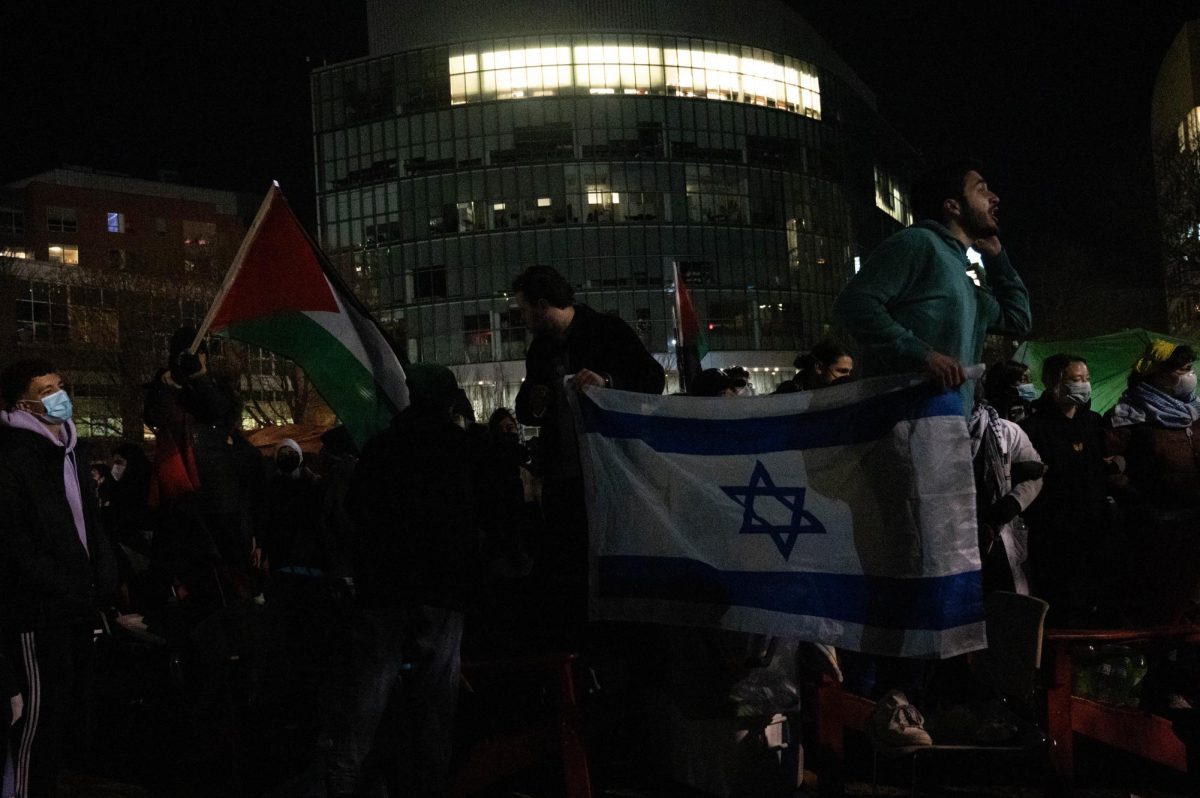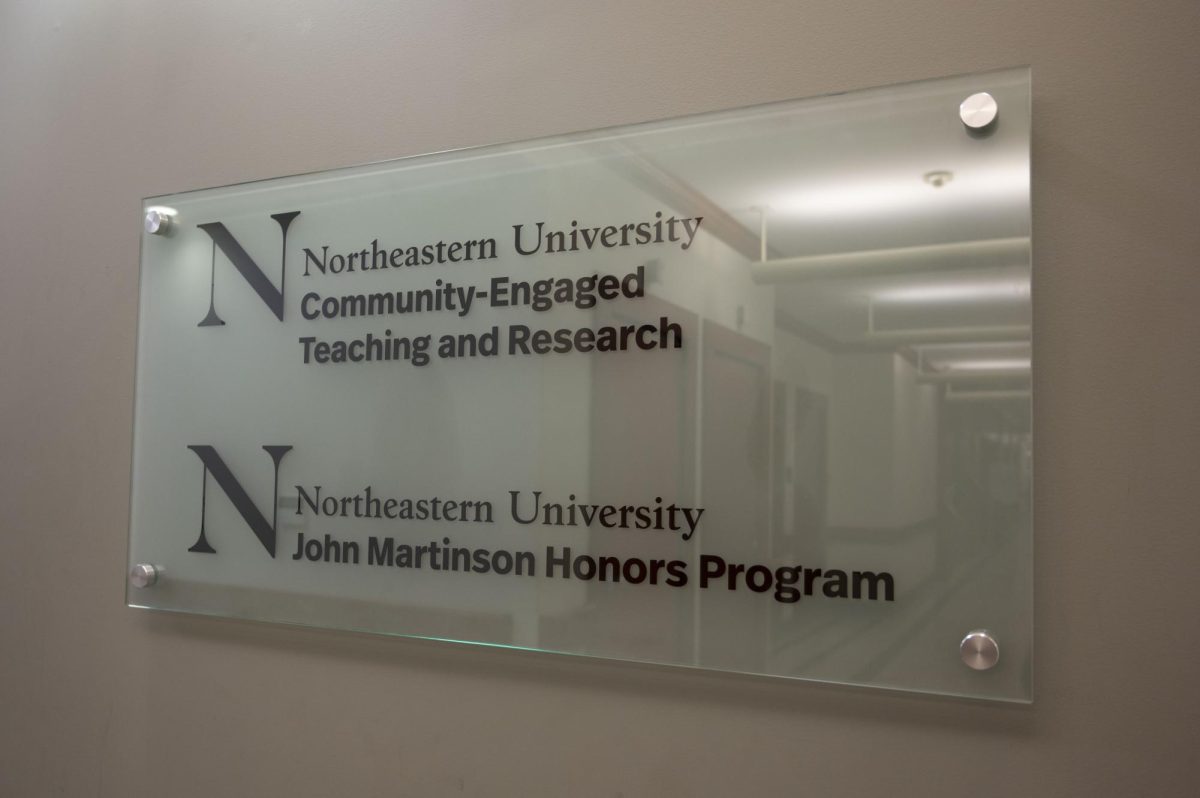We’ve heard it before, over and over. Our parents complaining about how our generation does nothing: how we are always glued to televisions, video games, iPhones, iPods, Blackberrys, etc. Some parents even go so far as to say that we don’t have voices or passions.
But I think they’re wrong. Of course there are exceptions, but I believe that overall, our generation has a big voice in present day issues. Maybe our parents just misunderstand our methods for knowing what is going on in the world. The fact is our generation is very much in tune with the hot topics of today. But unlike our parents’ generation, we base our understanding of the world on technology.
Browsing Facebook, I constantly see status updates, group invitations and fan pages about hot topics and politics in America: Groups like “1 Million Strong for Barack Obama,” and “Tea Party Patriots.” Other, more sarcastic groups also exist. For example, “I have more foreign policy experience than Sarah Palin,” and “I was anti-Obama before it was cool.” Facebook provides us with the incentive to promote our ideas and views. As soon as someone posts a concern, view, or reaction to a worldly event, there are usually responses, and sometimes even debates.
We use social networking to connect to other people who share or disagree with certain views. It has become one of the biggest sources for political connection today. Facebook and the Internet are not the only sources of how we express our global views. Like our parents, we use our college campuses to the fullest extent.
Throughout the 1960s, students on campuses from all over the United States protested for or against the Vietnam War (the supporters of the war were called the hawks and the opposed, the doves). During the ’60s, the hippie movement swept across college campuses establishing one of the biggest youth movements of the 20th century. Today, while we aren’t all donning peace signs, wearing John Lennon’s sunglasses and setting up peace rallies, there is still a wide network of political activism on campus.
At Northeastern, we have a wide range of special interest groups including the College Republicans and the College Democrats, the Progressive Student Alliance, Right to Life and Students for Sensible Drug Policy. Each group receives support from students and plans multiple events throughout the semester; students join these groups in hope of expressing how they feel about a particular issue. These organizations not only want to make a difference here on campus, but eventually on all American youth who seek to express their opinions. Whether students support right, left or center, they will find a common ground to boost their political aspirations at Northeastern.
Our generation is very much involved with politics and political issues, and the 2008 election was a great example of this. Between 22 million and 24 million Americans between the ages of 18 and 29 voted. This was the second biggest youth turnout for an American presidential election ever. The biggest youth voter turnout was in 1972, the first year that 18-year-olds could vote in a presidential election. The enormous grassroots effort from youth-driven voters was a major factor in the growth of young people’s involvement in current day issues.
There are many examples to show we are an involved generation and that we care about global issues, while branching out with new ideas. Just like our parents, we use our resources to express our views. Much like our parent’s generation, we still use our campuses to the fullest extent, and, while we might not protest as much, we show our affection and interests through other means. Times are changing, and because we have a thriving social network on the Internet as well as on campus, our perspectives can and will extend from one end of the globe to the other.
– Ethan Rauf can be reached at [email protected].












